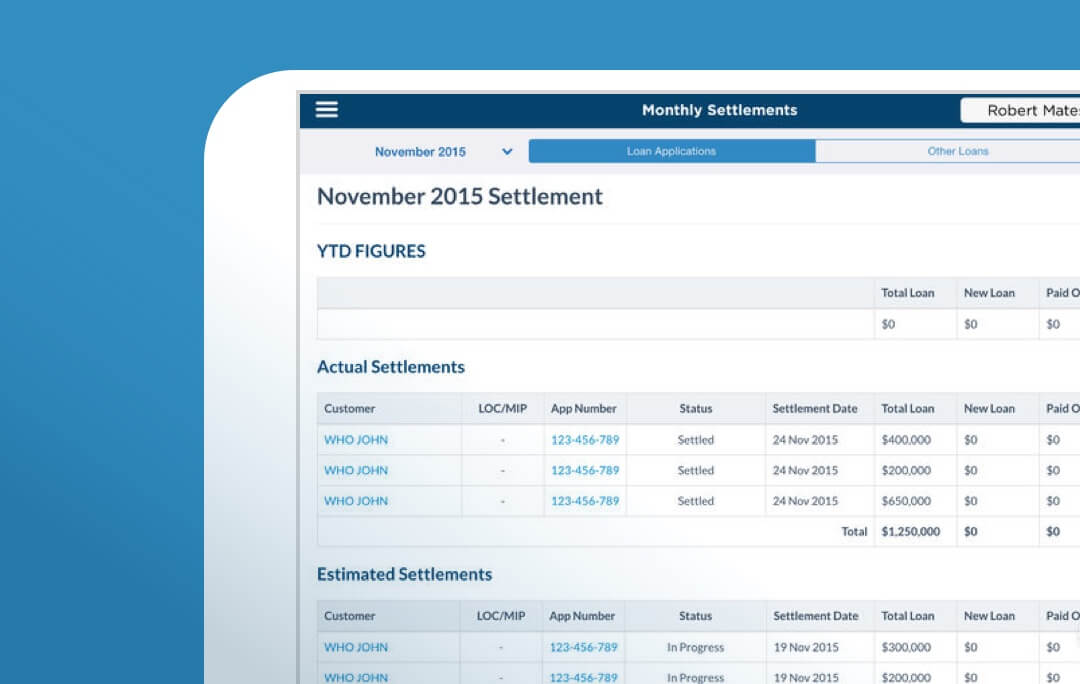Database Design and Development
Sentia builds scalable and modularised databases to cater to your growth.
- Client Database
- Reporting Database
- Data Integration & Migration
- Ecommerce
- Content Management Systems
- Online & Offline Database Solutions
- MySQL
What Is Database Design?
Database design looks at the data architecture of your application and how data values relate to each other. An application with a well-designed database that has been properly implemented can drastically improve efficiency across application is designed to do. By future-proofing your database, you are also reducing costs because your application is designed to be a more modular and scalable option that grows as you do.
A good DB design starts with a list of all the data you want to include in your database, and what you would like to be able to do with that data both now and in the future. At this stage, your information doesn’t need to be in any special langue, and you shouldn’t be thinking in terms of tables and columns. All this step involves is asking yourself what you need to know, and also what you may need to know in the future.
This step is not to be taken lightly as forgetting one thing can often mean needing to start over again. Every type of information you could want to include in a database falls into one of four categories: locations, events, things and people. And each individual piece of data is known as an entity. Any information that doesn’t fall into one of these categories is known as an attribute.
From there you need to identify the relationships between each entity and the cardinality of each relationship. Cardinality refers to the number of entities in a set or grouping of relationships and shows how many entities of one side of a relationship belong to exactly one entity from the other half of the relationship. A simple example is asking how many customers belong to one sale and how many sales belong to one customer.
Identifying the specific types of relationships between entities, attributes and derived data is where the complex part of databases comes in. A database also needs to be searchable, and then the data found needs to be presented in a logical and easy to understand manner. That’s where a DB Designer comes in.
Benefits Of Professional Database Development
For the majority of businesses, the more you know about your customers, suppliers and competitors, the better. This means that the gathering, storing and processing of all the information you may need can provide you with a distinct business advantage. And that is why a well designed and implemented database is essential.
Most businesses don’t have the time or resources to physically gather and process large quantities of information. This means possibly failing to recognise how their business is performing, how profitable each of their product lines is, and whether they have any repeat customers.
Having this kind of information is necessary to identify and deal with specific operational problems or to adjust current marketing or sales strategies in order to facilitate continued and future growth. Using a sophisticated relational database system allows you to do this. And as time passes and you gather more and more information, this accumulation of data can become even more useful.
Because historical data can also help you identify both positive and negative sales trends, which customers are the most valuable in terms of repeat sales and other similar types of information – this data also becomes more valuable as time passes. Therefore your database design has to not only be scalable and intuitive – it also needs to be completely secure.
While the value of data, in general, is a major benefit of having a sophisticated database, here are a few others:
Retrieval of information is easier
If your database has been properly developed and designed, then retrieving the information you need is easier than if you didn’t have it. A correct design means that the tables, constraints and relationships that make up your database are flawless.
Modifying information is simple
Data changes over time. People get new email addresses, change jobs, move to new cities. Therefore updating the values of specific fields within your database should not have an adverse effect on any of the other data fields in your table.
Maintaining the database is simple
You’ve seen the PC desktops of people who fail to organise their computer. Dozens of files and folders, many of them duplicates, application shortcuts and documents literally filling every inch of the screen. The same thing can happen with data if not properly managed. With an intuitive database design, any data gathered is automatically sorted and neatly stored – ready to be retrieved at a moment’s notice.
Work With Sentia Today
When we design databases at Sentia, we always keep your vision for the future in mind. With this at the core of our strategy every time we design a database, we automatically incorporate a smoother and more efficient development process that will allow us to easily build in more functionality when the time comes.
We build solid foundations that ensure clean and secure data storage from the very bottom level, which provides full data consistency and safety. Our DB designers make sure your database is properly optimised so you get swift response times on your most frequent requests. Your DB design comes standard with a sleek UX that is intuitive and logical, thus making it easy for users to adopt effectively.
Our approach is built on years of expertise and experience in Database development. And we only use the latest technology, methods and practices. Some of the technology we use to endure the most efficient and professional storage of your data includes:
- For databases; Microsoft SQL Server, Oracle, MySQL, MongoDB
- For the back end: .NET, Java, Python, PHP, Node.js
- For the front end or user interface: HTML, CSS, JavaScript (Angular, React, Backbone, Meteor, etc.)
- For mobile: iOS, Android, Windows Phone, Apache Cordova, Xamarin
As a single point of contact for highly customised web design, web development, and application development solutions, as well as professional consulting services and support, Sentia is a leader in Website Database Development.
Our experience and expertise in Website Database Development is second to none. We use only the latest technology, methods and practices to ensure that we not only meet but exceed our client's expectations when it comes to their Website Database Development.
















